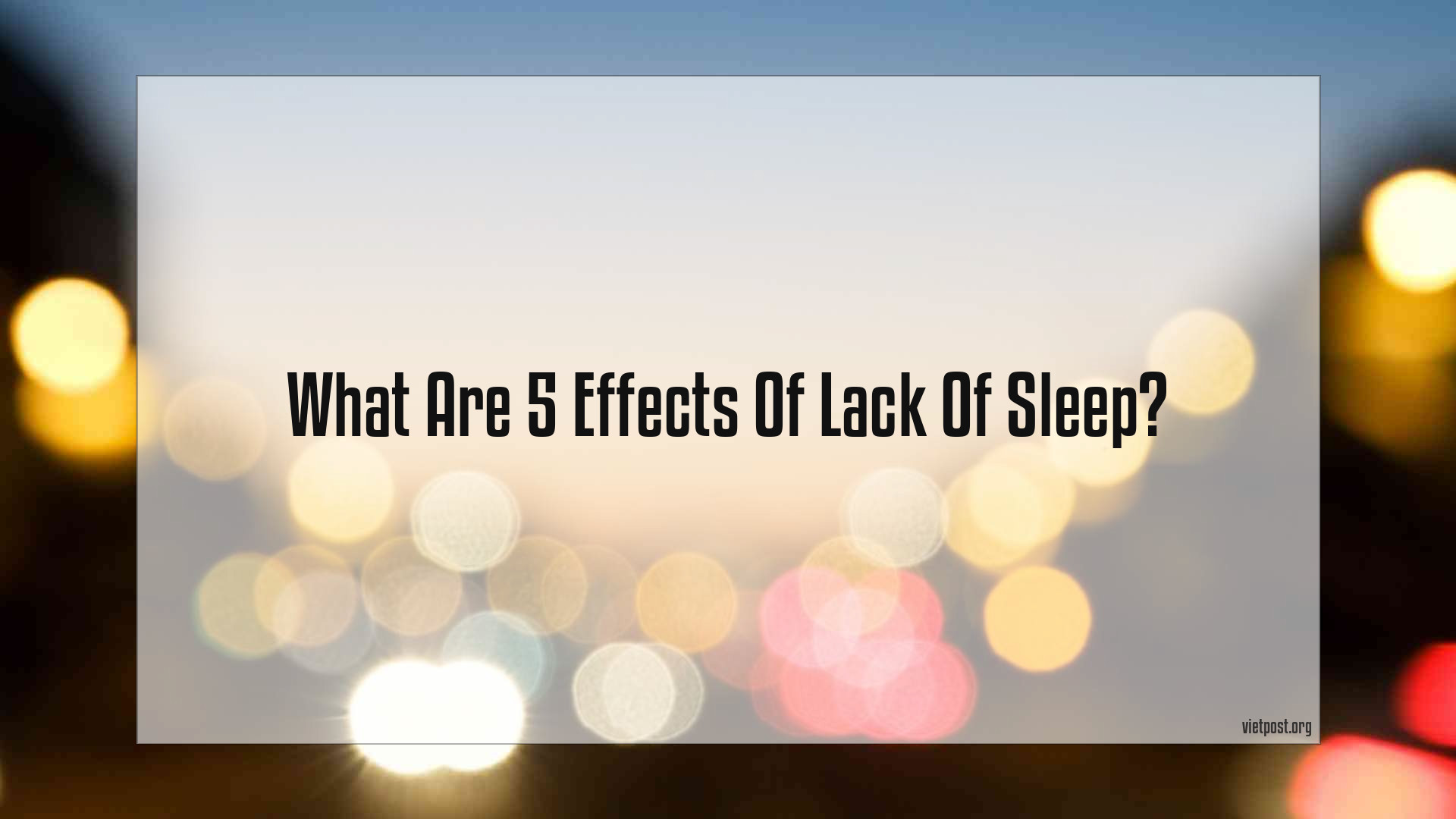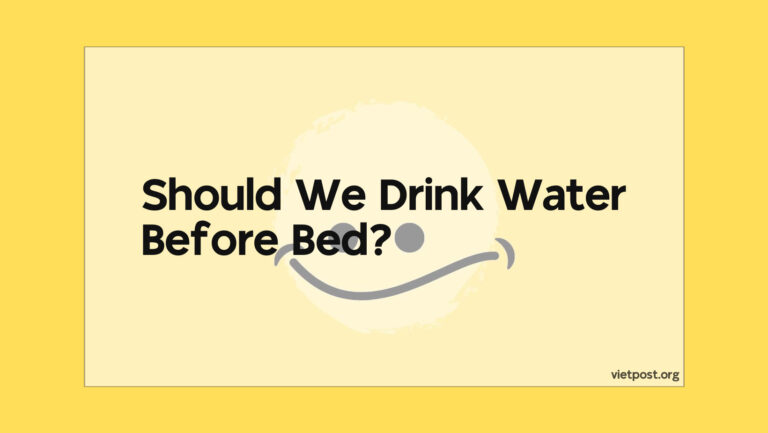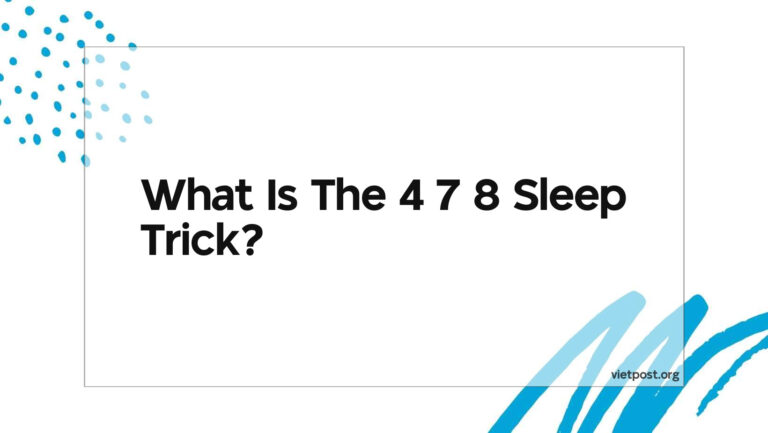What Are 5 Effects Of Lack Of Sleep?
Lack of sleep can lead to weight gain, depression, anxiety, irritability, and decreased brain function.
Lack of sleep has a number of negative effects on the body, including:
1. Increased stress levels: When you don’t get enough sleep, your body’s stress levels increase. This can lead to a host of problems, including anxiety, depression, and even heart disease.
2. Weakened immune system: A lack of sleep can weaken your immune system, making you more susceptible to colds and other illnesses.
3. Weight gain: Not getting enough sleep can cause an increase in appetite, leading to weight gain.
4. Memory problems: A lack of sleep can cause difficulty concentrating and remembering information.
5. Increased risk of accidents: Sleep deprivation can make it more difficult to pay attention and react quickly, increasing your risk of accidents.
What Are The Consequences Of Not Getting Enough Sleep?
The consequences of not getting enough sleep are many and varied, but can include things like fatigue, irritability, and difficulty concentrating.

Most people know that they should be getting around eight hours of sleep per night, but according to a recent survey, nearly 30% of American adults report getting less than six hours of sleep per night. And while some people can get by on just a few hours of sleep, most people need at least seven or eight hours to function properly.
So
What happens if you don’t get enough sleep?
There are a number of consequences of not getting enough sleep, both short-term and long-term.
In the short-term, you may experience:
• Difficulty concentrating
• Irritability
• Drowsiness
• Increased appetite
• Headaches
In the long-term, you may experience:
• Obesity
• Diabetes
• High blood pressure
• Heart disease
• Stroke
• Memory problems
• Depression
So if you’re not getting enough sleep, it’s important to make some changes. Here are a few tips:
• Go to bed and wake up at the same time each day.
• Create a bedtime routine to help you wind down for sleep.
• Avoid caffeine and alcohol before bed.
• Create a calm and comfortable sleeping environment.
• Avoid working or using electronic devices in bed.
If you’re still having trouble sleeping, talk to your doctor. There may be an underlying medical condition that is causing your sleep problems.
How Does Sleep Deprivation Affect The Human Body?
Sleep deprivation affects the human body by causing fatigue, irritability, and difficulty concentrating.
Sleep deprivation can have a number of negative effects on the human body. It can cause fatigue, irritability, and moodiness. It can also lead to impaired judgment and decision-making, and increased risk-taking behavior. Sleep deprivation can also cause physical symptoms such as headaches, stomachaches, and muscle aches. In severe cases, it can lead to hallucinations, delusions, and even death.
A recent study found that sleep deprivation can have a number of negative effects on the human body. It can cause fatigue, irritability, and moodiness. It can also lead to impaired judgment and decision-making, and increased risk-taking behavior. Sleep deprivation can also cause physical symptoms such as headaches, stomachaches, and muscle aches. In severe cases, it can lead to hallucinations, delusions, and even death.
The study found that sleep deprivation can have a number of negative effects on the human body. It can cause fatigue, irritability, and moodiness. It can also lead to impaired judgment and decision-making, and increased risk-taking behavior. Sleep deprivation can also cause physical symptoms such as headaches, stomachaches, and muscle aches. In severe cases, it can lead to hallucinations, delusions, and even death.
The study found that sleep deprivation can have a number of negative effects on the human body. It can cause fatigue, irritability, and moodiness. It can also lead to impaired judgment and decision-making, and increased risk-taking behavior. Sleep deprivation can also cause physical symptoms such as headaches, stomachaches, and muscle aches. In severe cases, it can lead to hallucinations, delusions, and even death.
FAQ
What Are Some Of The Effects Of Sleep Deprivation On The Brain?
How Can Sleep Deprivation Impact Mood And Emotions?
Conclusion
1. Lack of sleep can lead to decreased alertness and concentration.
2. It can cause moodiness and irritability.
3. Lack of sleep can lead to impaired memory and cognitive function.
4. It can cause fatigue and make it difficult to stay awake during the day.
5. Lack of sleep can increase the risk of developing health problems such as obesity, heart disease, and diabetes.
If you still have any questions about the effects of lack of sleep, feel free to comment below.







